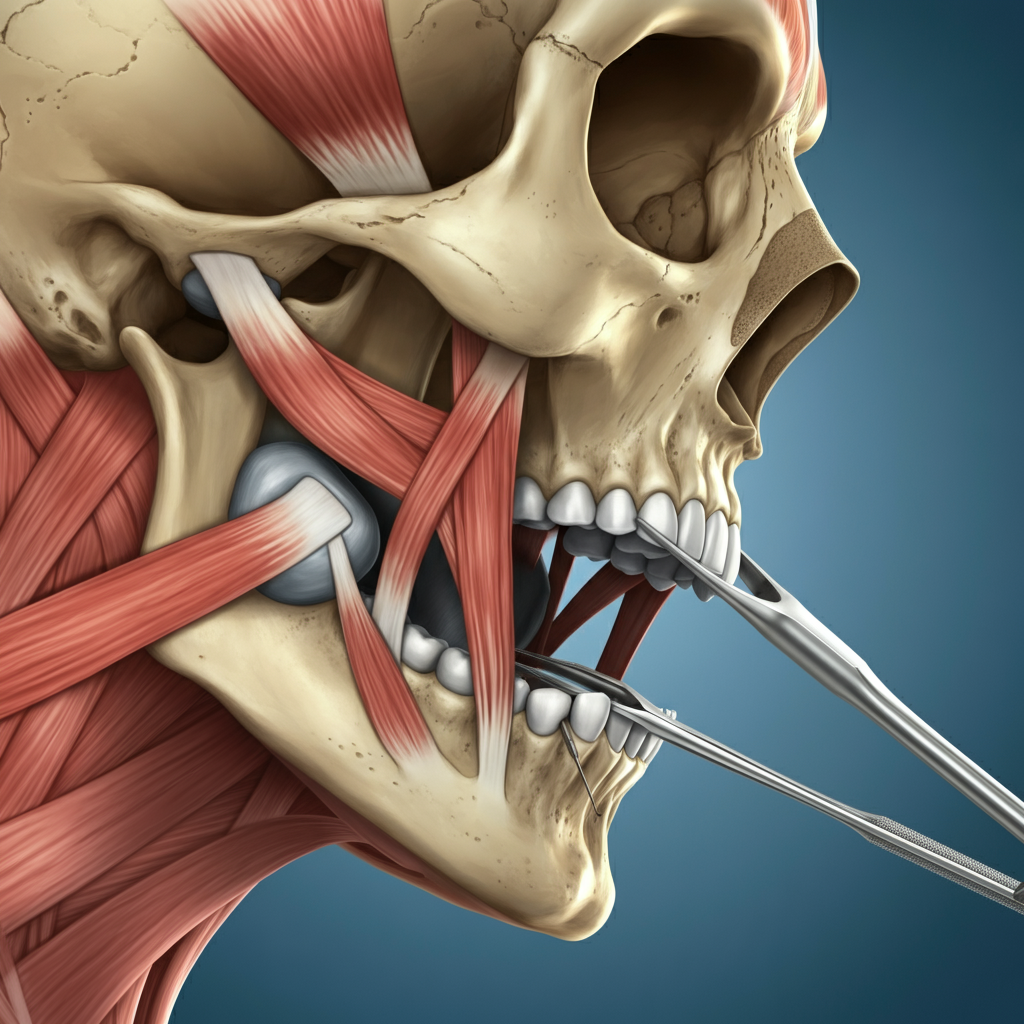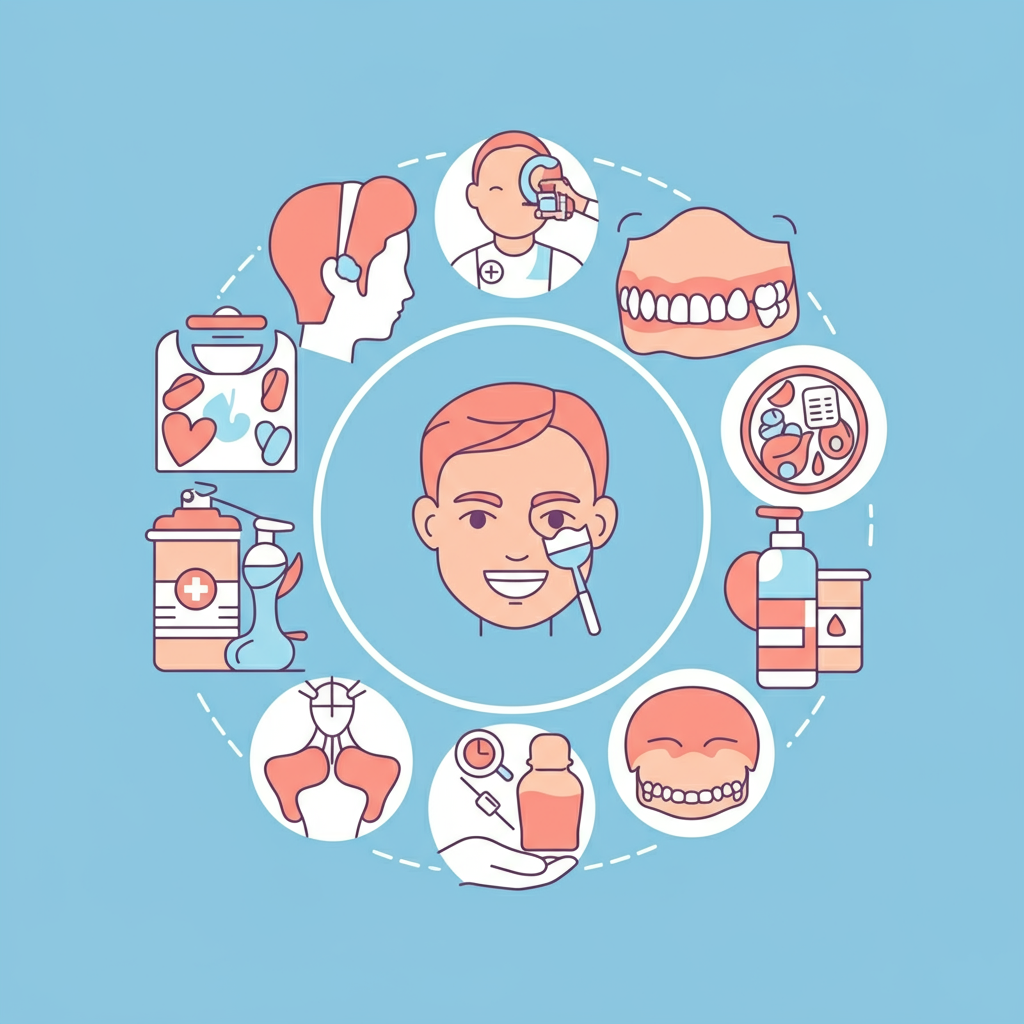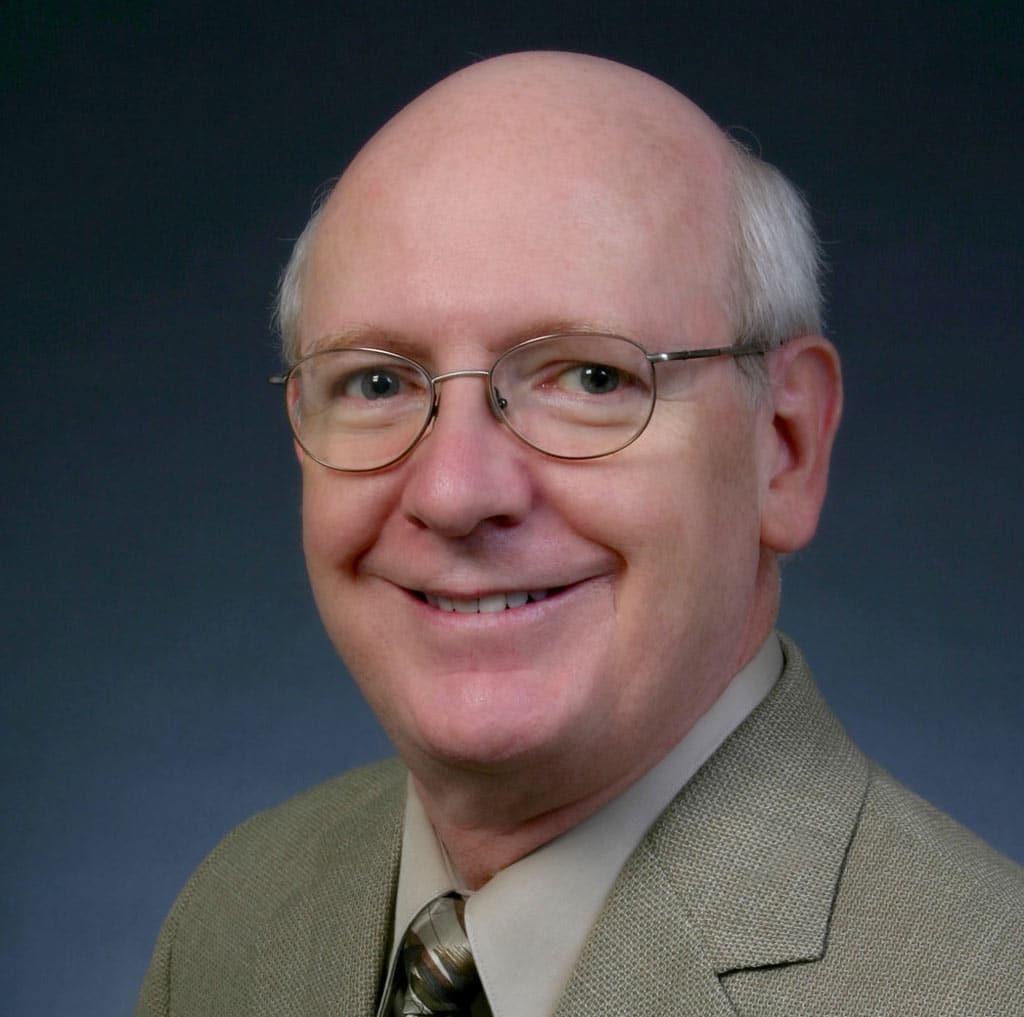Undergoing jaw surgery is a significant step toward resolving pain, improving function, and enhancing your quality of life. The procedure itself, performed by a skilled surgeon, sets the foundation for success. However, the work doesn’t end when you leave the operating room. The weeks and months that follow are just as critical. Proper post-surgical care is the key to a smooth recovery, optimal results, and minimizing complications.
Effective jaw surgery aftercare is a partnership between you and your surgical team. Your commitment to following instructions will directly influence the speed of your healing and the quality of your long-term outcome. This guide outlines the essential components of post-surgical care for both TMJ and corrective jaw surgery patients.
The First 48 Hours: Managing Swelling and Discomfort
The initial phase of recovery is focused on managing the immediate side effects of surgery: swelling, bruising, and discomfort. Your body is just beginning the healing process, so giving it the right support is crucial.
Key priorities include:
- Controlling Swelling: This is the most important task. Use cold packs or specialized facial ice wraps consistently for the first 48-72 hours. Apply ice for 20 minutes on, followed by 20 minutes off. Keeping swelling down not only improves comfort but also promotes faster healing.
- Pain Management: Your surgeon will prescribe pain medication. It is important to take it as directed, especially in the first few days, to stay ahead of the pain. This will allow you to rest more comfortably.
- Rest and Elevation: Your body needs energy to heal. Plan on resting completely for the first few days. When you sleep or rest, use several pillows to keep your head elevated above your heart. This position helps reduce swelling and congestion.
- Hydration: Staying hydrated is vital, but you will be on a clear liquid diet at first. Sip on water, clear broths, and juices regularly.
Diet and Nutrition: Fueling Your Recovery
Your jaw will be out of commission for chewing for several weeks. This dietary adjustment is one of the biggest challenges of jaw surgery aftercare, but proper nutrition is non-negotiable for healing. Your body needs calories and protein to repair tissues and bone.
- Liquid Diet (Weeks 1-3): In the beginning, your diet will consist entirely of liquids. You will need a good blender. Focus on thin soups, protein shakes, meal replacement drinks, smoothies, and juices. Use a syringe or squeeze bottle if you have trouble drinking from a cup.
- Soft, No-Chew Diet (Weeks 4-6): As healing progresses, your surgeon will clear you for a soft, no-chew diet. This includes foods you can mash with a fork or swallow without chewing. Think scrambled eggs, mashed potatoes, refried beans, oatmeal, and soft fish.
- Advancing Your Diet: Do not rush back to solid foods. Follow your surgeon’s timeline precisely. Introducing hard or chewy foods too early can damage the surgical site and compromise your results.
A helpful jaw surgery recovery tip is to plan your meals in advance. Stock your kitchen with the right ingredients before your surgery so you are prepared.
Oral Hygiene: Keeping the Surgical Site Clean
Keeping your mouth clean is essential for preventing infection. However, you will need to be gentle. Your surgeon will provide specific instructions, which may include:
- Prescription Mouth Rinse: You will likely be prescribed an antiseptic mouth rinse to use several times a day. This helps kill bacteria without disturbing the incision sites.
- Gentle Brushing: When you are cleared to brush, use a soft-bristled, child-sized toothbrush. Avoid the incision areas and be very careful around your braces and any surgical hardware.
- Water Flosser: A water flosser on a low setting can be a gentle and effective way to clean around your braces and teeth once your surgeon gives you the okay.
Good oral hygiene reduces the risk of infection, which is one of the most significant potential complications after surgery.
Follow-Up Appointments: Your Roadmap to Recovery
Your follow-up appointments with your surgeon are not optional—they are a critical part of your post-surgical care. These visits allow your surgeon to monitor your progress, check your bite, and identify any potential issues early.
During these appointments, your surgeon will:
- Assess your healing and swelling.
- Take X-rays to check the position of your jaws and hardware.
- Adjust the elastic bands on your braces that guide your bite into its new position.
- Answer your questions and provide guidance for the next phase of recovery.
Attending every scheduled appointment ensures that your healing stays on track and that any necessary adjustments are made promptly.
Physical Therapy and Jaw Exercises
Once the initial healing has occurred, your surgeon or a physical therapist may recommend gentle jaw exercises. This is a crucial step in TMJ surgery recovery and for restoring full function after corrective jaw surgery.
These exercises are designed to:
- Improve your range of motion.
- Reduce stiffness in the jaw muscles.
- Strengthen the muscles used for chewing.
- Promote healthy joint function.
It is vital to perform these exercises exactly as instructed. Overdoing it or performing them incorrectly can cause strain or damage. When done properly, physical therapy helps you regain normal jaw function more quickly.
Long-Term Success: Embracing Your New Bite
Full jaw surgery recovery is a marathon, not a sprint. While the initial phase lasts a few weeks, complete healing of the bones can take up to a year. Your role in the process continues long after the major restrictions are lifted.
- Post-Surgical Orthodontics: After your surgeon confirms that your jaw has stabilized (usually 6-8 weeks post-op), your orthodontist will begin the final phase of treatment. This involves fine-tuning your bite and can last for several months.
- Listen to Your Body: Even after you are cleared for a normal diet, be mindful. Reintroduce harder foods gradually. If you feel pain or discomfort, back off and stick to softer foods for a while longer.
- Protect Your Investment: Your surgery was a significant investment in your health. Protect it by wearing a mouthguard during sports and maintaining excellent oral hygiene for life.
Your Commitment to Aftercare Matters
The success of your TMJ or corrective jaw surgery is profoundly influenced by your actions during the recovery period. By diligently following your surgeon’s instructions on diet, hygiene, activity, and follow-up care, you empower your body to heal correctly. Proper post-surgical care minimizes the risk of complications, accelerates your return to normal life, and ensures you achieve the best possible long-term results from your procedure.




